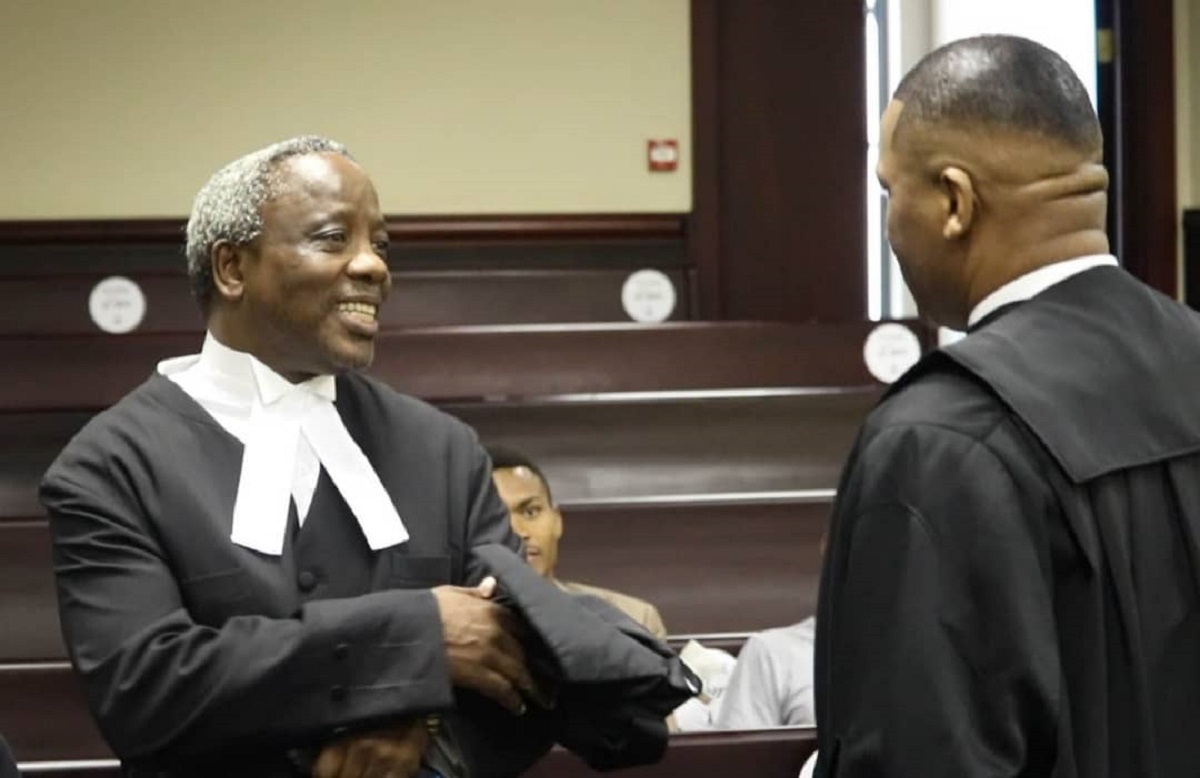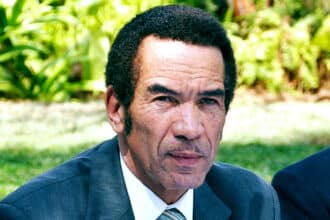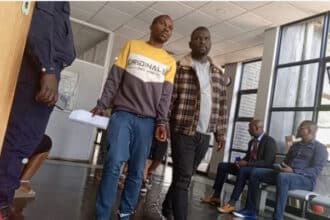December 13th marks 16th Anniversary of the Roy Sesana versus Government court judgement which was also the first court case to be broadcast live on Botswana Television.
The Judgment Day, in 2006, was also bringing to an end, the country’s longest running legal battle, that started in 2002 when Roy Sesana led Basarwa to challenge what they called government’s forcible relocation from their ancestral land.
According to former Speaker of Parliament, who was Minister of Local Government at the time, Dr Margaret Nasha, the government had for many years tried to find a solution to the escalating costs of taking water, food and health services to Basarwa in the CKGR and ultimately terminated in January 2002.
“The consultation process was lengthy and comprehensive, and majority of Basarwa agreed to move out of the Game Reserve, also admitting that the arrangement inconvenienced them. They agreed to be settled in New Xade. Out of nowhere, Sesana emerged with the support of his white friends and told Basarwa not to move out of the Reserve. Others agreed to move out and others did not and went to the High Court.”
She said that while Basarwa were known as subsistence hunter gatherers who used bow and arrow for hunting, they were infiltrated by commercial hunters who used guns.
As the matter reached the the Lobatse High Court, it had to consider whether the termination of the services to the CKGR residents was unlawful or unconstitutional; whether the Government was obliged to restore provision of such services; and whether subsequent to 31 January 2002, Basarwa were legally recognized as the occupants the settlements in the CKGR among others.
The three judges Unity Dow, Maruping Dibotelo, and Mpaphi Phumaphi (all retired) made three different conclusions
The Court found by a majority of 2:1 that the Government’s termination of the provision of the essential services to the CKGR residents was neither unlawful nor unconstitutional.
The Court also held that even though Basarwa had a legitimate expectation, there had been adequate consultations and that the Government was not obliged to restore provision of the services to the Applicants.
Fast forward December 2021, one of the first applicants Gaoberekwe Pitseng dies after a long illness that dates back to 2009. His relatives applied to the Department of Wildlife and National Parks for a permit to enter the Reserve and bury him according to his wish. The DWNP refuses to issue the permit on grounds that Pitseng was a resident of New Xade, prompting the relatives to approach the High Court.
According to Smith Moeti who is spokesperson of The First People of the Kalahari (FPK) and nephew to Gaoberekwe, there are Basarwa residing and buried in the game reserve post the 2006 judgment. He says Pitseng moved to New Xade around 2009 on account of poor health and to access government assistance from a convenient place.
“As recent as March this year, Kemetse Mohame was buried in Metsiamanong settlement at the time when the Pitseng court case had commenced. He died before he could stay in the house that the government built for him in Nex Xade,” he said in our interview.
However, Dr Nasha is of the opinion that the government should have allowed the Pitseng family to bury him inside the Game Reserve and let the matter to rest.
Since the High Court did not grant permission to bury in the Game Reserve, the family then approached the Court of Appeal.
During the arguments in the Court of Appeal, it was confirmed that the initial number of applicants was 29, but the number went up to 289. Some of the initial applicants could not continue with court processes and the subsequent trial to the end, as some died along the way, while others faced financial difficulties.
Advocate Duma Boko insisted that the deceased was one of the initial 29 applicants and therefore entitled to the benefits of the 2006 judgment – for good or for worse.
“He never withdrew from the case and such, we ought to consider him as one of the applicants, and a beneficiary to the judgment”.
December 12th 2022, the Court of Appeal dismissed the appeal by the Pitseng family and ordered them to bury their father within seven days. This will give an end to the country’s longest standoff over a corpse.
“The appellant failed to provide evidence pointing to the deceased as having been one of the 29 unrepresented applicants in Sesana. I will take it a step further that, there is no evidence placed before Court showing that the deceased was in first instance one of the original 243 Applicants,” said the Court of Appeal Judge Mercy Garekwe.
In fact, Pitseng is probably the first Motswana to spend a whole year in a mortuary as a result of a feud between family and the Government.
Will this judgment also clear the distinction between residents of New Xade and those in the settlements inside the Reserve? Only time will tell.






